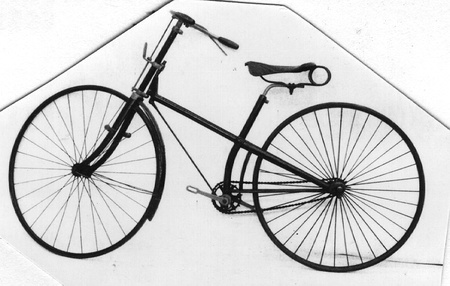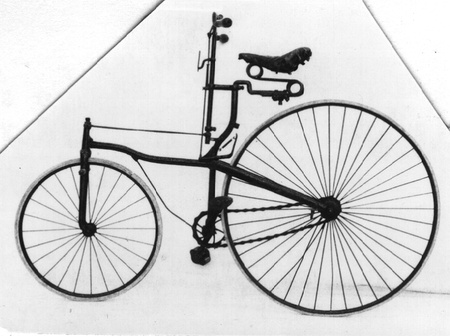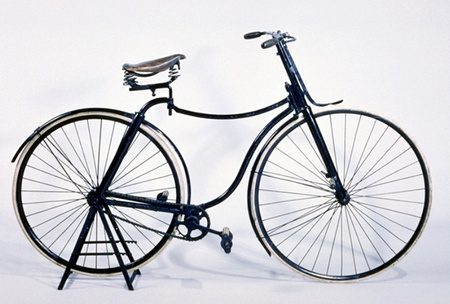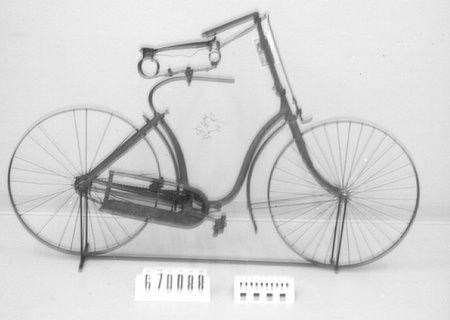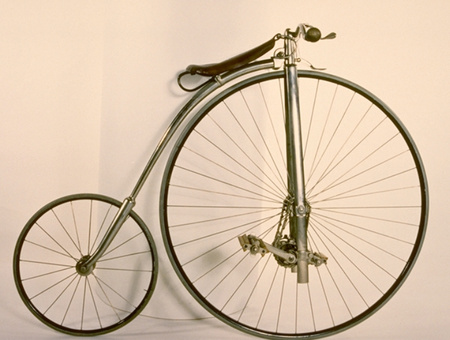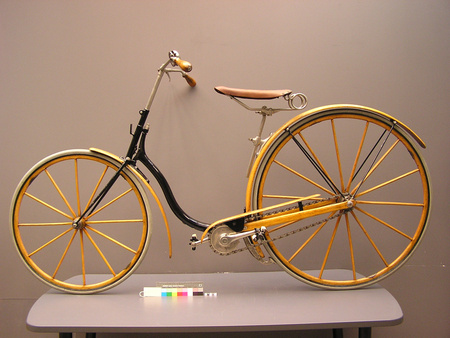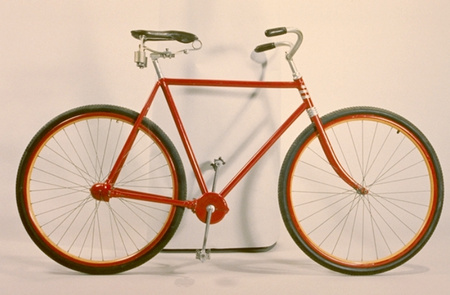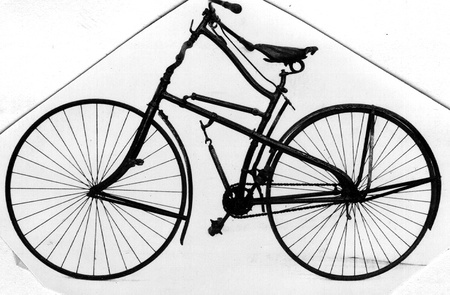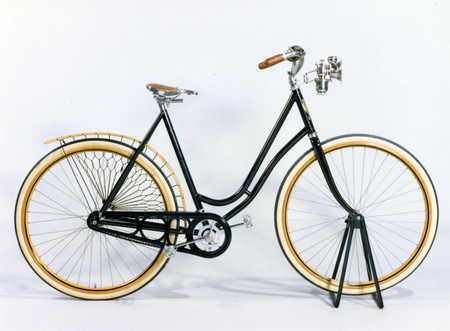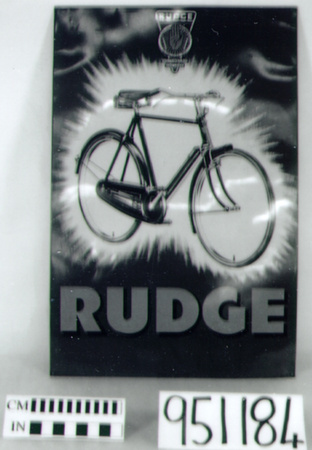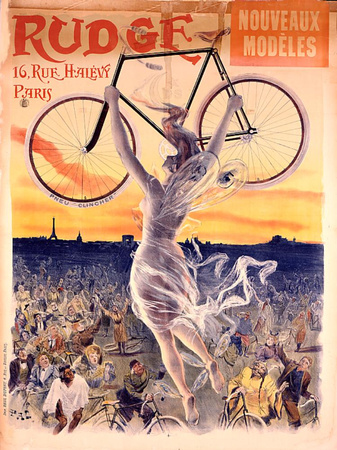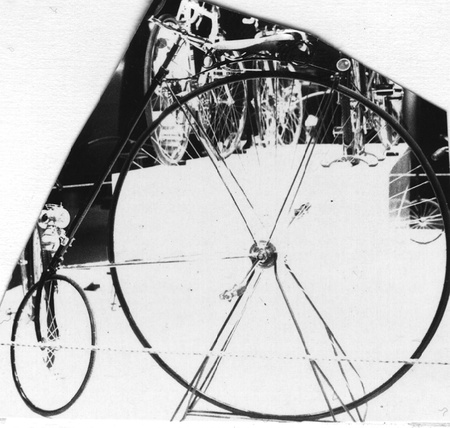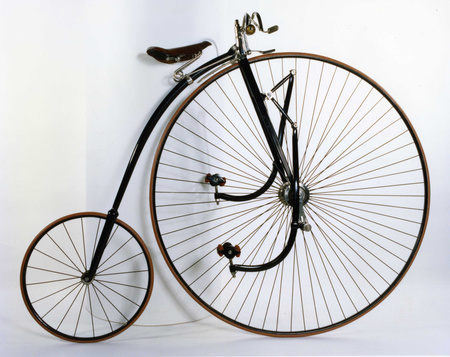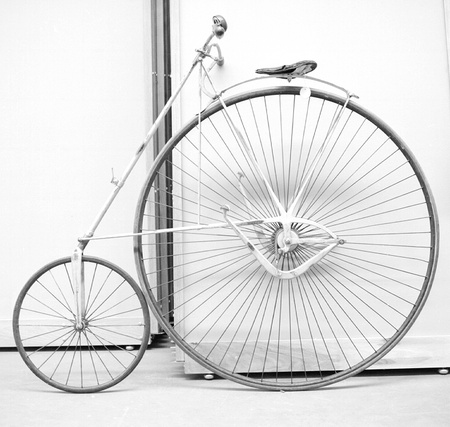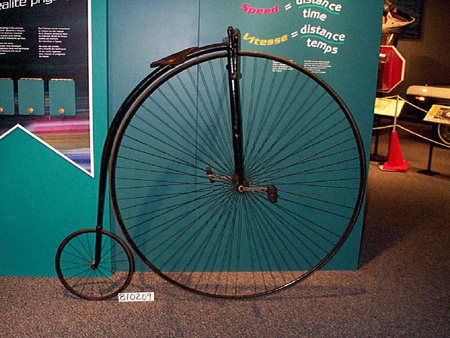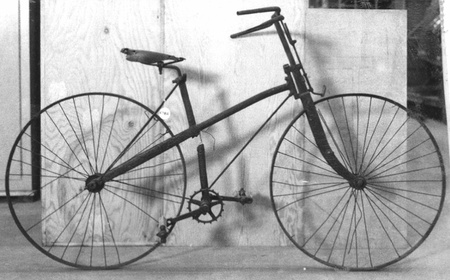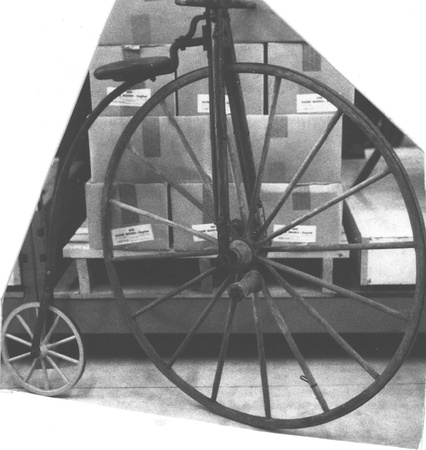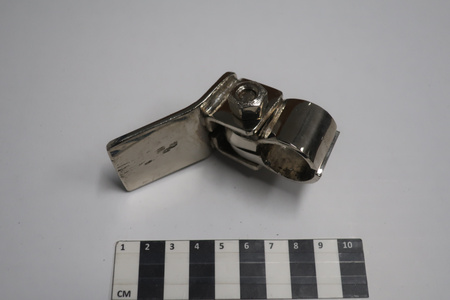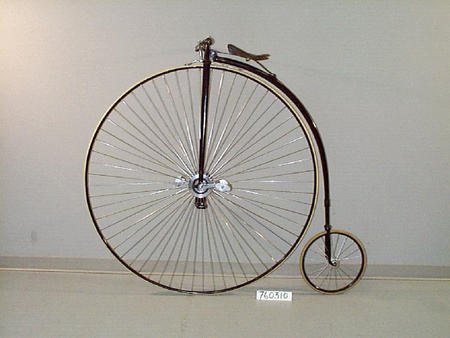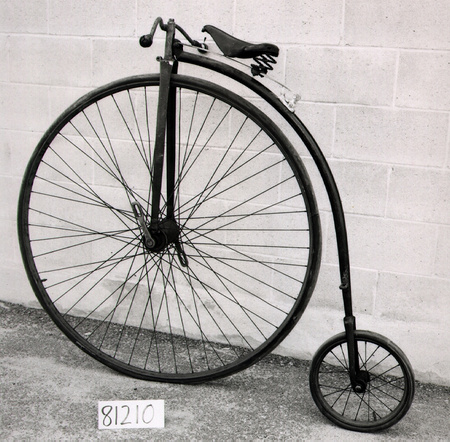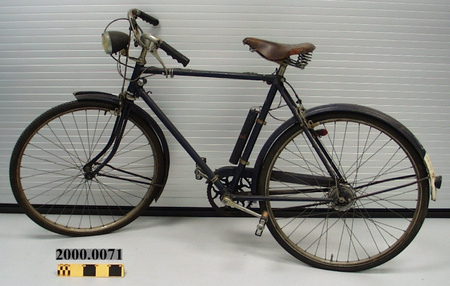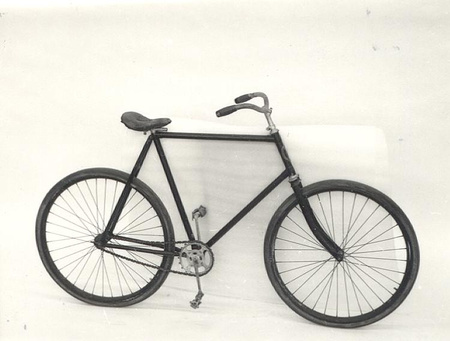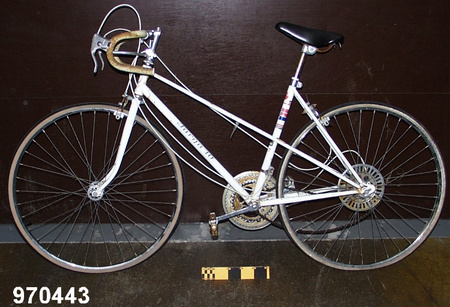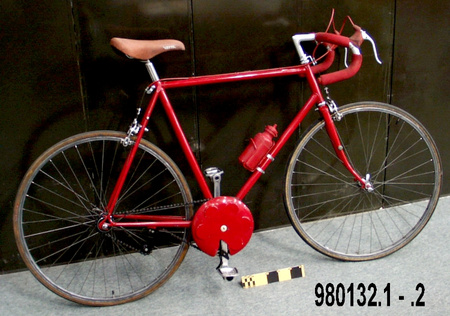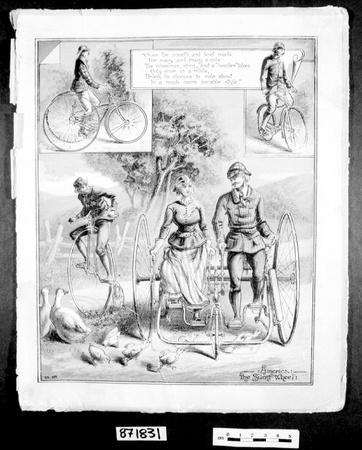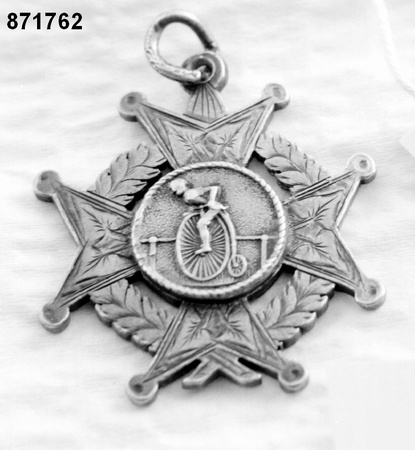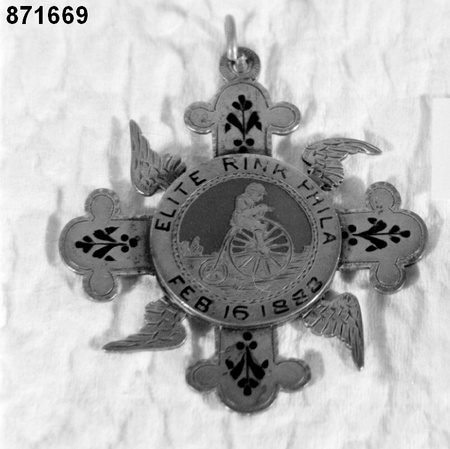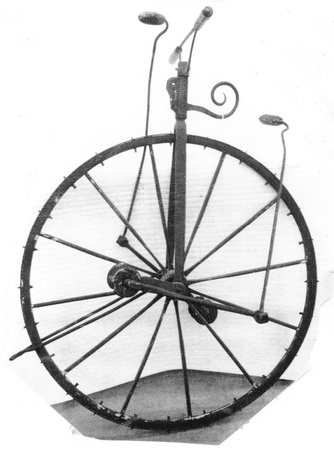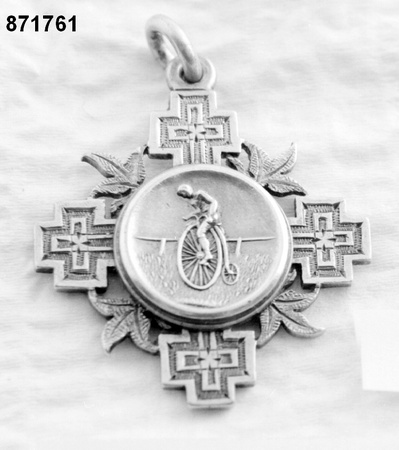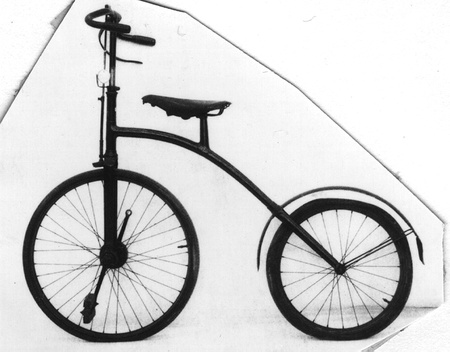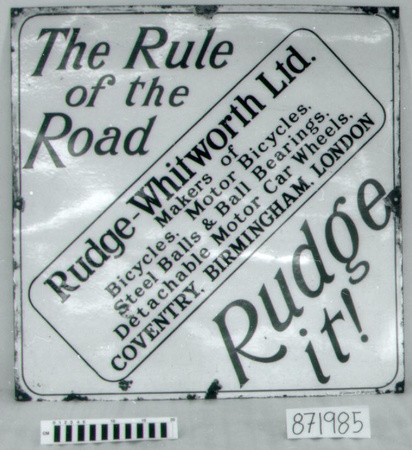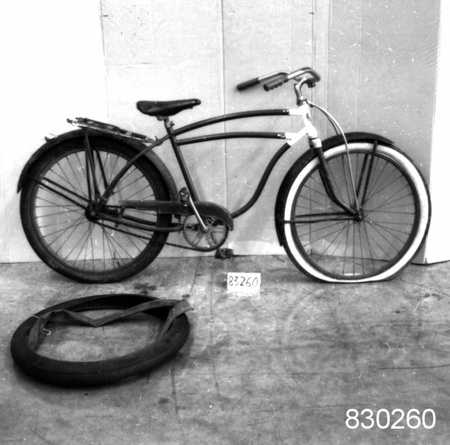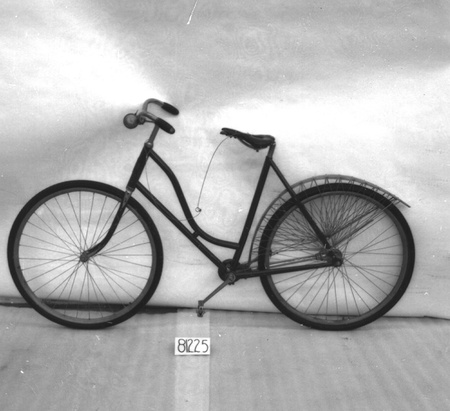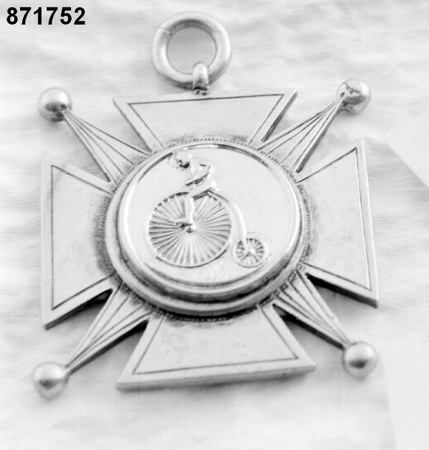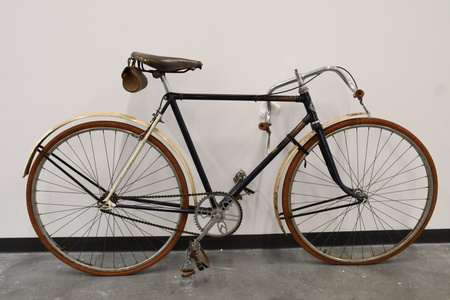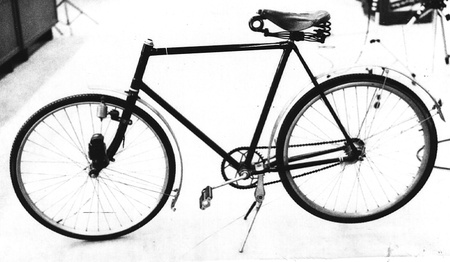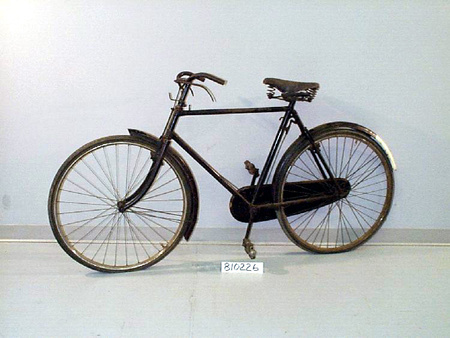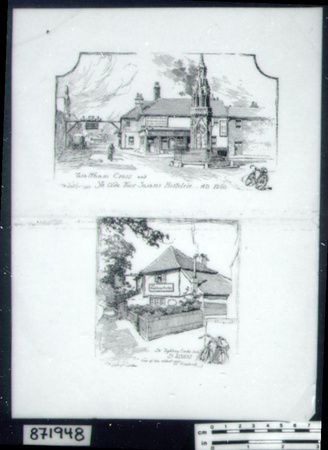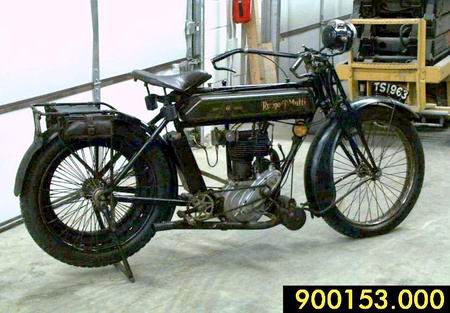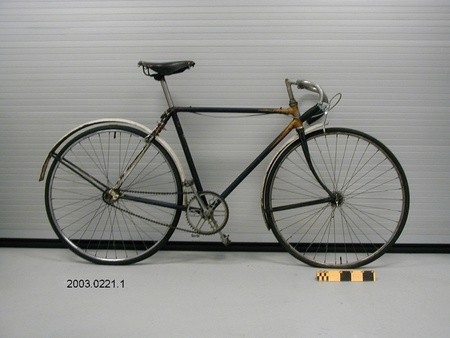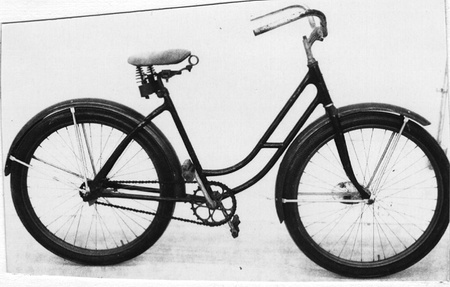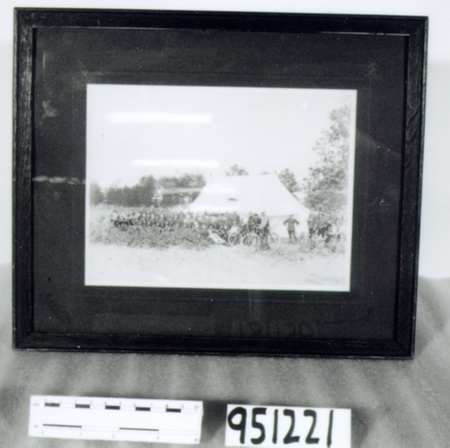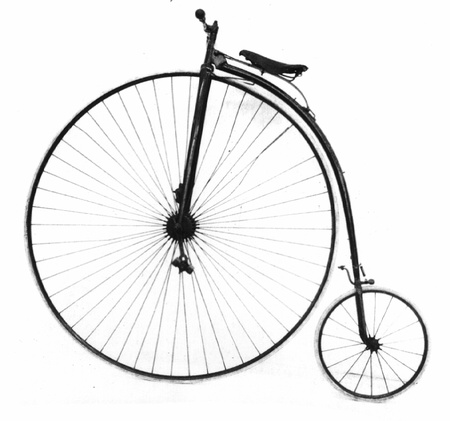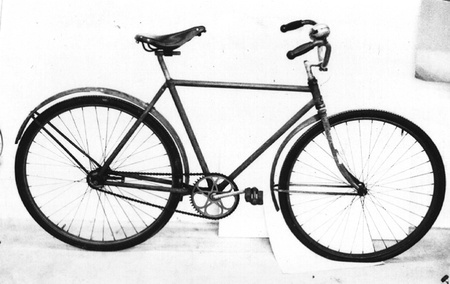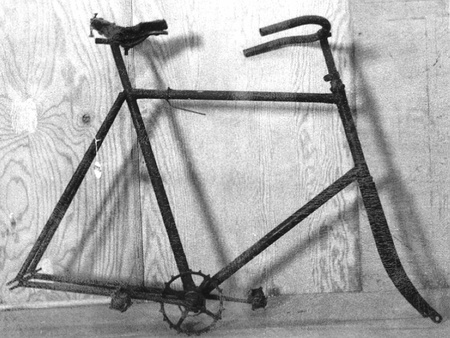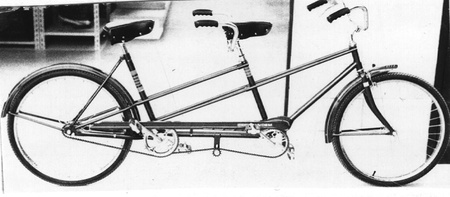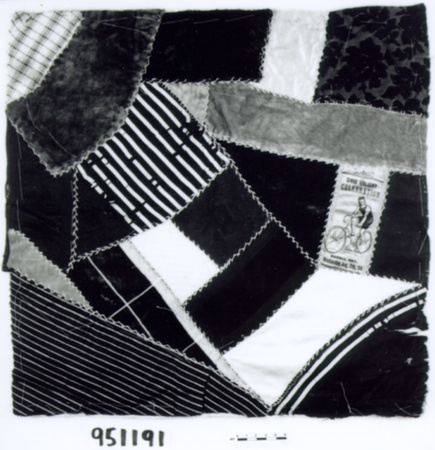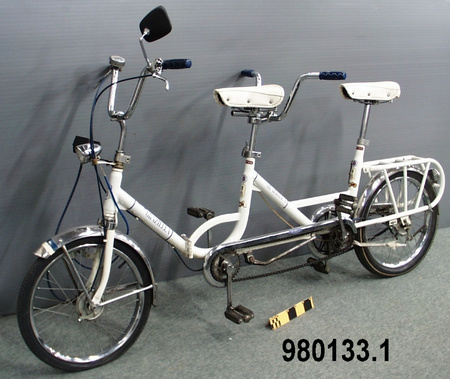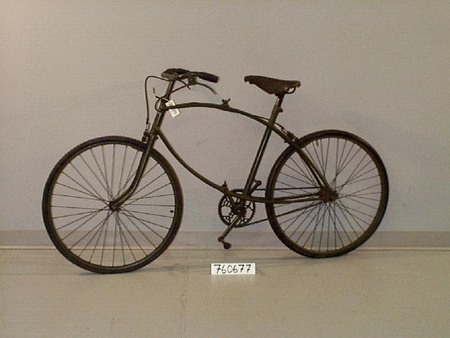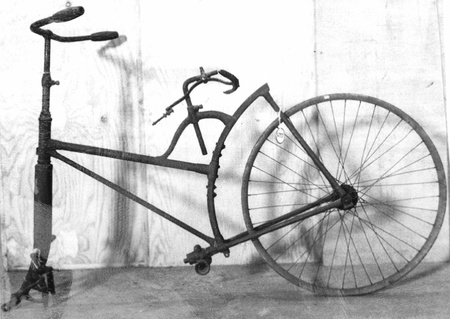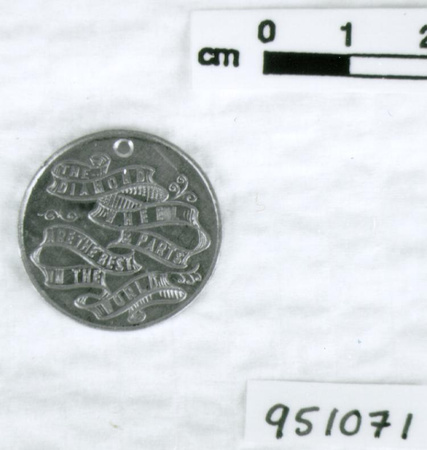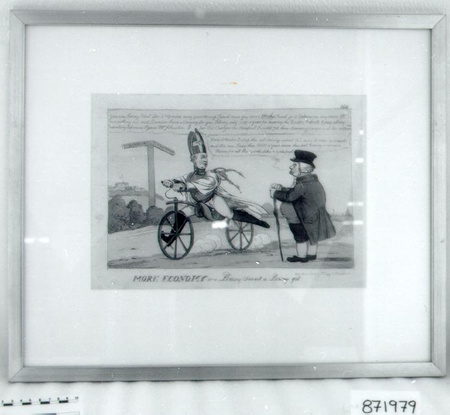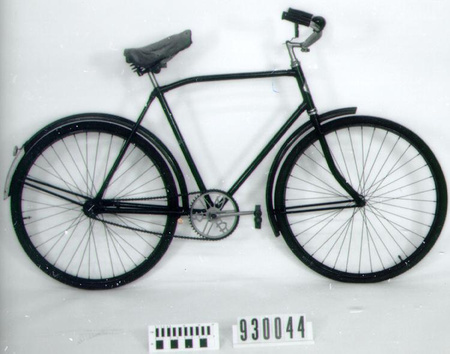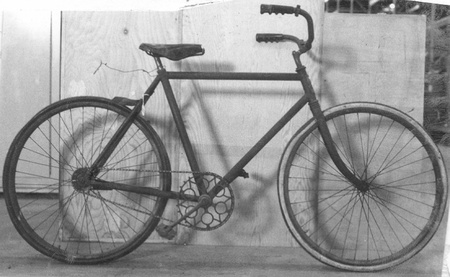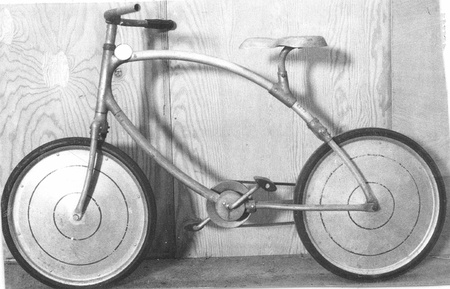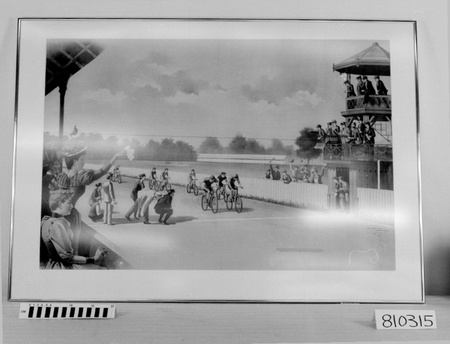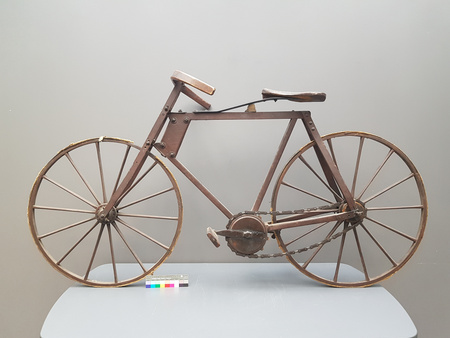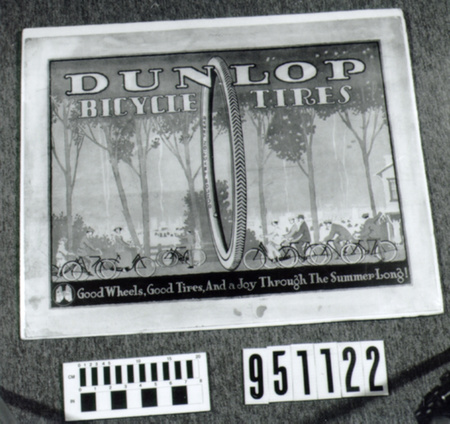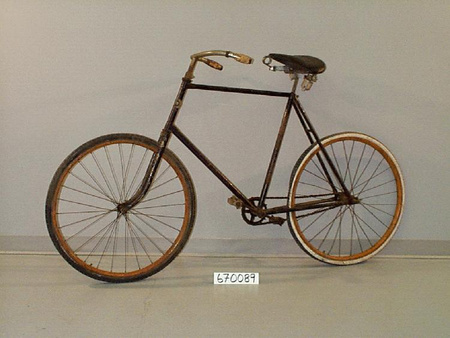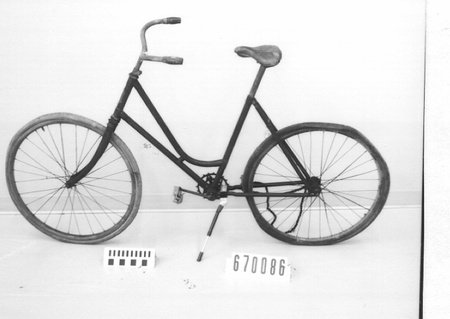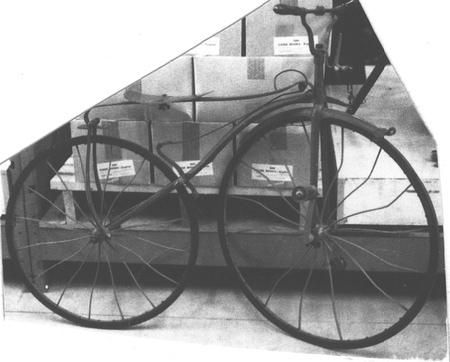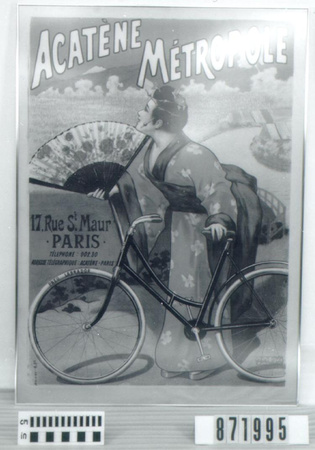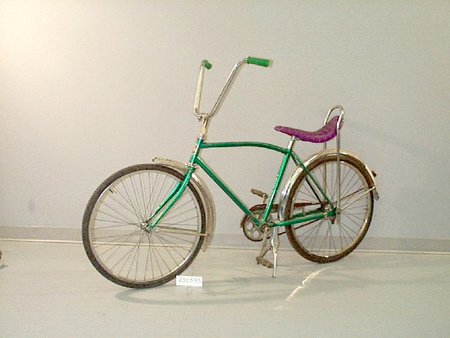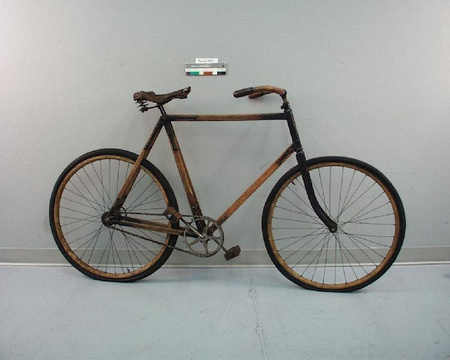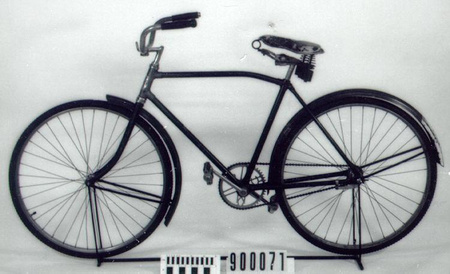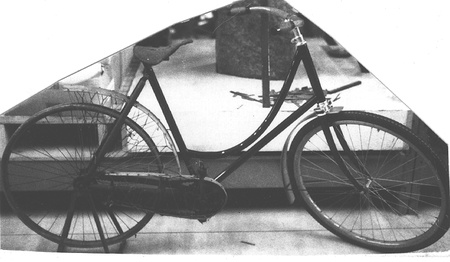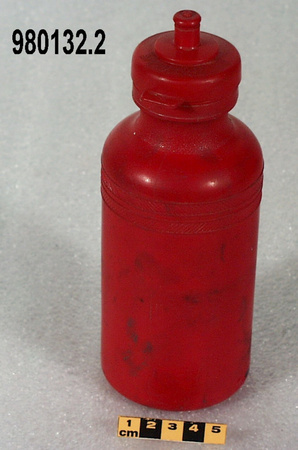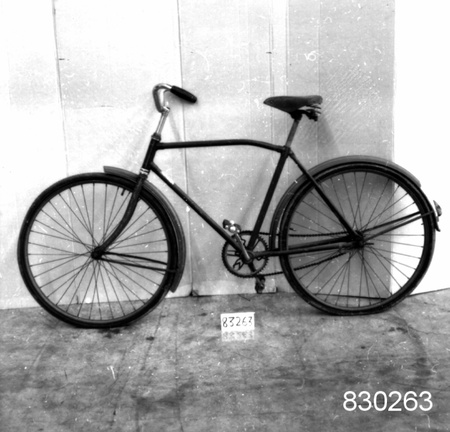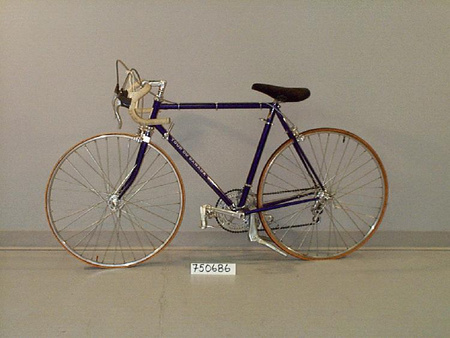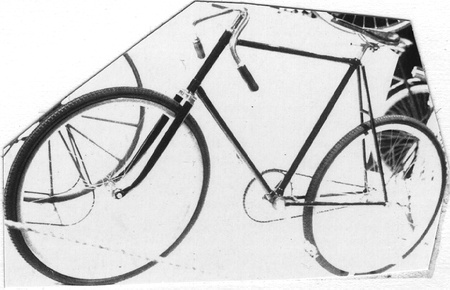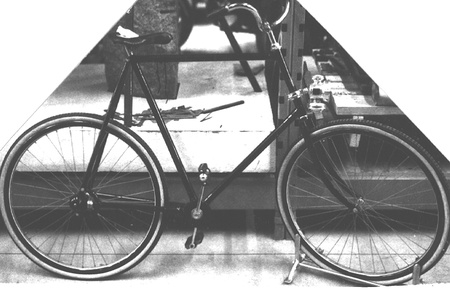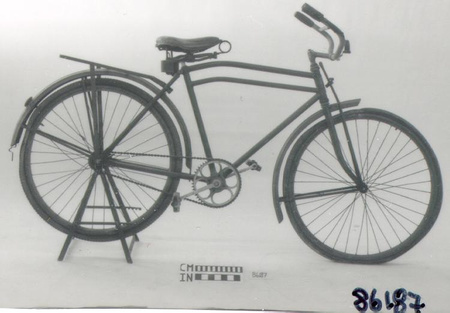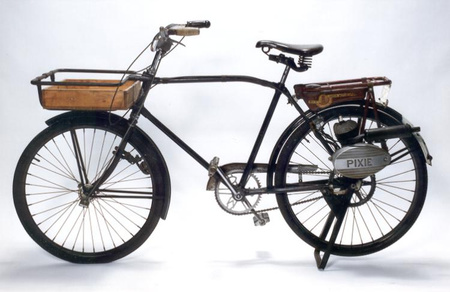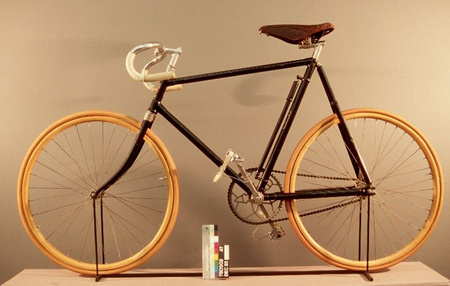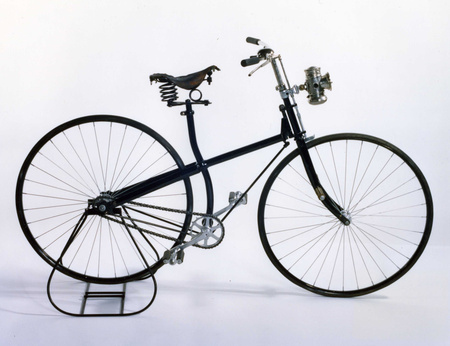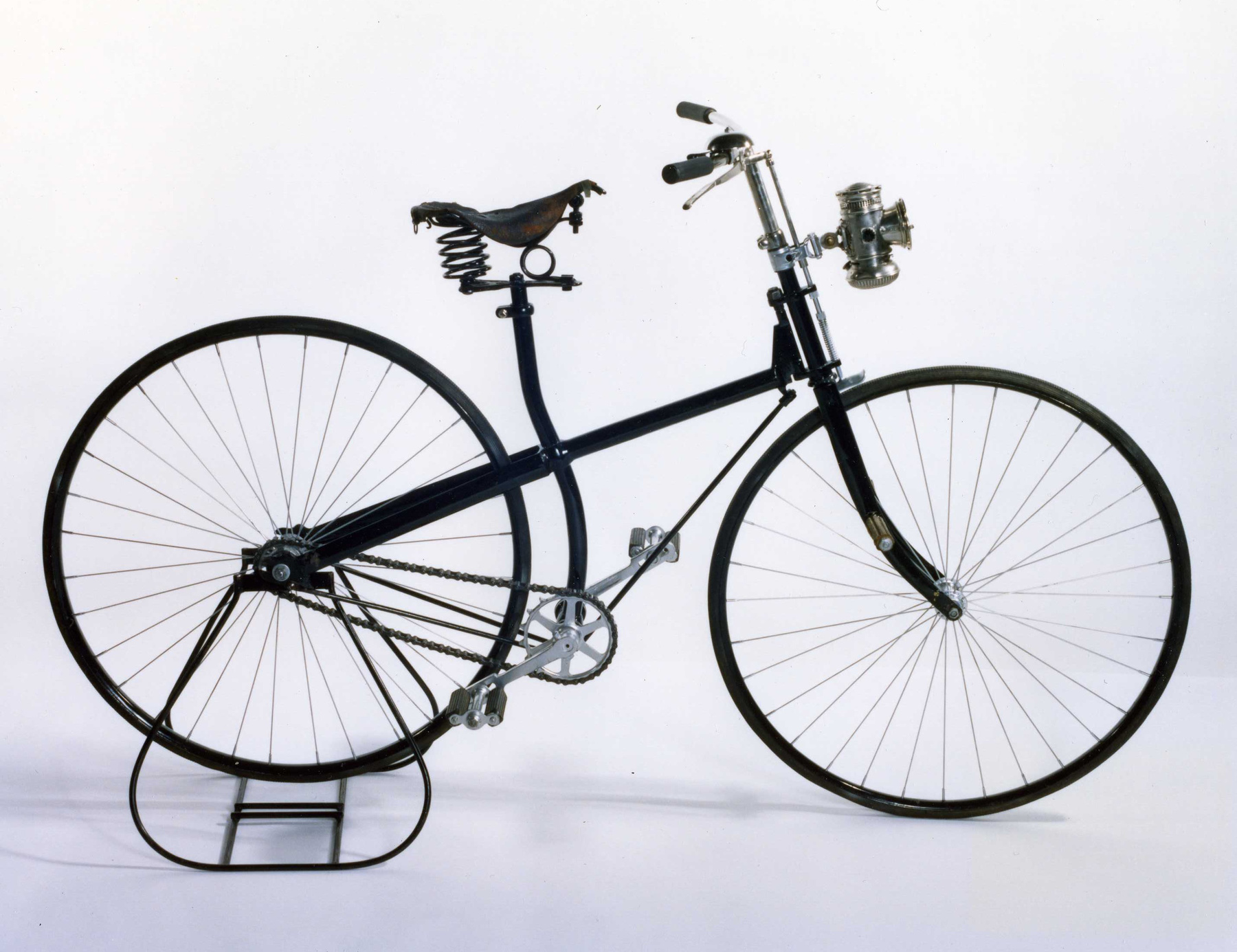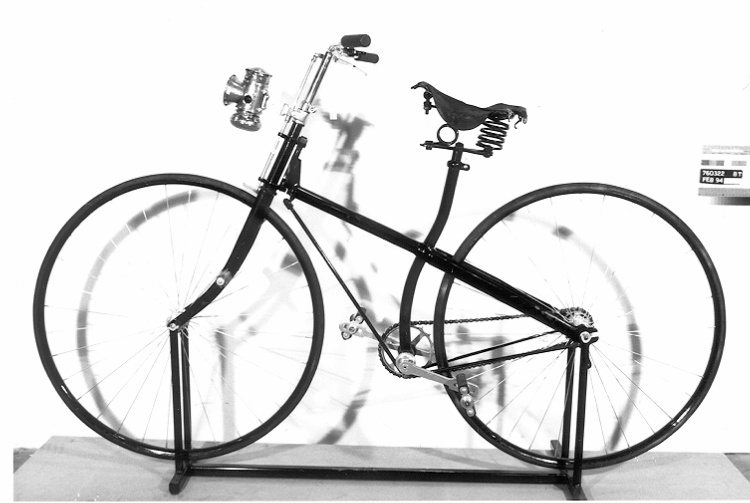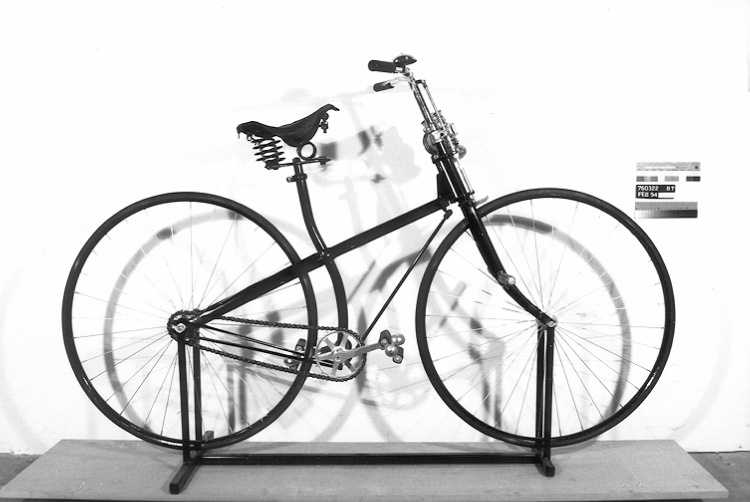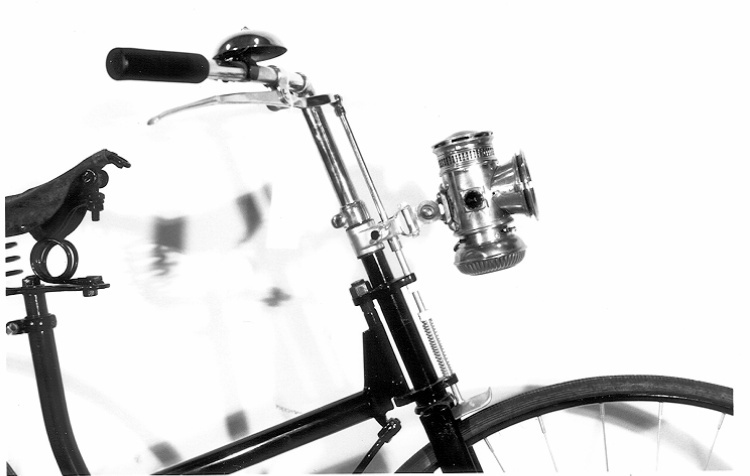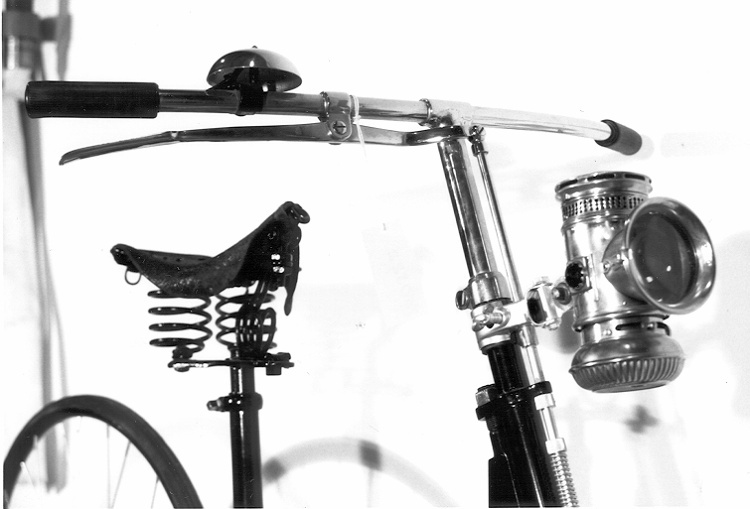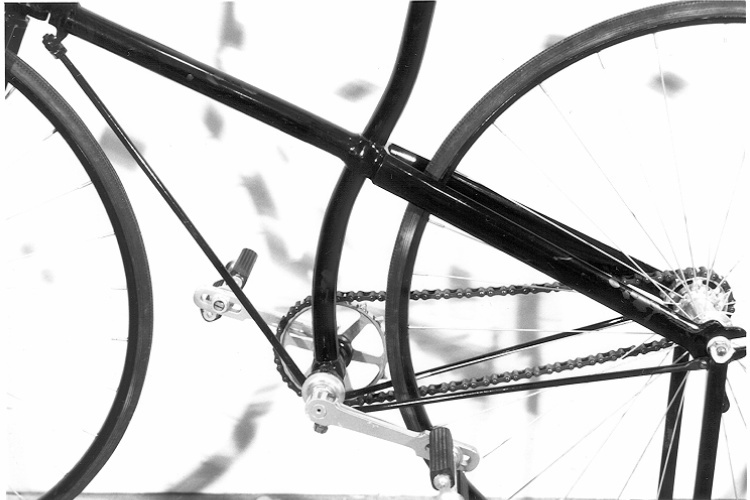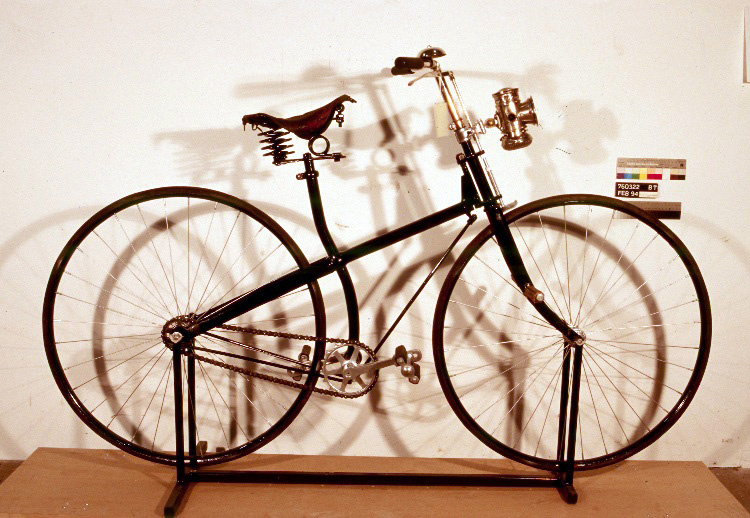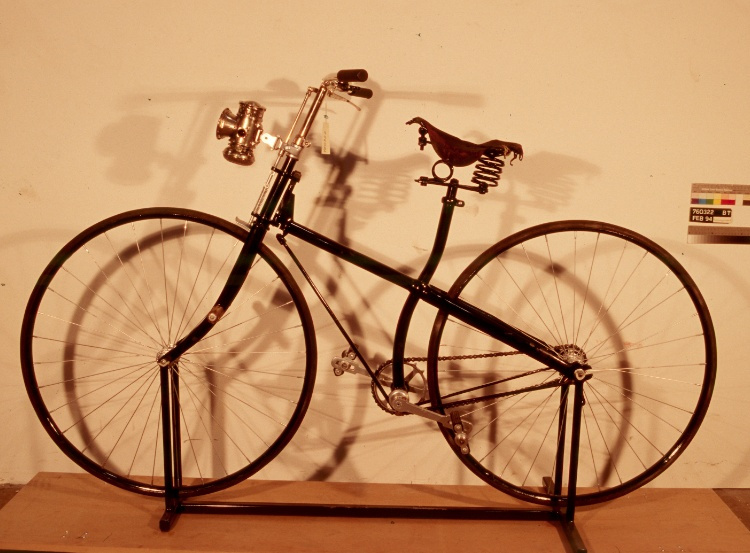Bicycle
Use this image
Can I reuse this image without permission? Yes
Object images on the Ingenium Collection’s portal have the following Creative Commons license:
Copyright Ingenium / CC BY-NC-ND (Attribution-NonCommercial 4.0 International (CC BY-NC 4.0)
ATTRIBUTE THIS IMAGE
Ingenium,
1976.0322.001
Permalink:
Ingenium is releasing this image under the Creative Commons licensing framework, and encourages downloading and reuse for non-commercial purposes. Please acknowledge Ingenium and cite the artifact number.
DOWNLOAD IMAGEPURCHASE THIS IMAGE
This image is free for non-commercial use.
For commercial use, please consult our Reproduction Fees and contact us to purchase the image.
- OBJECT TYPE
- safety/chain drive/cross frame
- DATE
- 1887
- ARTIFACT NUMBER
- 1976.0322.001
- MANUFACTURER
- Rudge
- MODEL
- Rudge
- LOCATION
- Unknown
More Information
General Information
- Serial #
- N/A
- Part Number
- 1
- Total Parts
- 2
- AKA
- N/A
- Patents
- N/A
- General Description
- METAL TUBULAR FRAME/ SOLID RUBBER TIRES/ RUBBER GRIPS/ LEATHER SEAT
Dimensions
Note: These reflect the general size for storage and are not necessarily representative of the object's true dimensions.
- Length
- 168.0 cm
- Width
- N/A
- Height
- 95.5 cm
- Thickness
- N/A
- Weight
- N/A
- Diameter
- N/A
- Volume
- N/A
Lexicon
- Group
- Non-motorized Ground Transportation
- Category
- Cycles & cycling
- Sub-Category
- N/A
Manufacturer
- AKA
- Rudge
- Country
- Unknown
- State/Province
- Unknown
- City
- Unknown
Context
- Country
- Unknown
- State/Province
- Unknown
- Period
- Unknown
- Canada
-
By 1888, more and more hard-tire safety bicycles began appearing on the cycling scene in Canada and it made more sense for Canadians to build the factories and manufacture the bicycles on Canadian soil, and to sell directly to the market. Integration of more advanced machinery rapidly increased outputs and cut costs. With the development of a safety cycle industry in eastern Canada, a great number of supporting industries appeared to supply factories with equipment, materials and parts, while entrepreneurs established wholesale and retail outlets across the country to sell the products. With the appearance of cross-frames the bicycle became the basis for an innovative manufacturing industry. En 1888 les bicycles de sécurités à pneu-dure ont fait leur début au pays et a apporté la tendance à fabriquer ces machines à la maison grâce à leur popularité. Le Canada a commencé à construire les usines pour les bicycles et ils étaient vendus sur le marché directement pour améliorer la production et couper les frais d'importation. Le développement du marché à débuter à l'est du pays aux maritimes et plusieurs industries ont appuyé les usines avec de l'équipement, du matériel et des morceaux pendant que les entrepreneurs ont établi des lieux de vente au travers le pays en effort de pouvoir vendre l'augmentation du produit. Les bicycles à cadres en croix ont servi à concrétiser l'innovation de l'industrie manufacturières du Canada. - Function
-
This bicycle was used as a mode of transportation for its rider. Ce bicycle est utilisé comme mode de transport pour son coureur. - Technical
-
One of the innovations of this machine is its cross frame design. It featured a long diagonal main tube that descended from the steering column to the rear hub. The cross-frame design concentrates forces and a bending effect on the point where the two main tubes cross, and the bending helped make the machine more accommodating to the load it received. The cross in the frame allows both saddle and crank to be connected to the main frame, while also lessening weight and helping to balance the vehicle. The cross-frame design was out-competed and would become defunct with the eventual introduction of the diamond frame. Une innovation de cette machine est son cadre en forme de croix. Il avait un tuyau principal qui descendant en diagonale de la colonne de direction au moyeu arrière. Le cadre en croix concentre la force exactement au point ou les deux tuyaux se croise et permet à la machine d'être plus accommodant au poids qu'il recevait. La croix a aussi permis à la manivelle de pédalier et aux selles de bicyclette d'être connecté au châssis et aussi de réduire le poids tout en améliorant la stabilité de la machine. Le bicycle a cadre en croix a fini par être remplacé par le bicycle à cadre en diamant. - Area Notes
-
Unknown
Details
- Markings
- N/A
- Missing
- NIL; COMPLETELY RESTORED
- Finish
- PAINTED BLACK
- Decoration
- N/A
CITE THIS OBJECT
If you choose to share our information about this collection object, please cite:
Rudge, Bicycle, circa 1887, Artifact no. 1976.0322, Ingenium – Canada’s Museums of Science and Innovation, http://collection.ingenium.ca/en/id/1976.0322.001/
FEEDBACK
Submit a question or comment about this artifact.
More Like This
